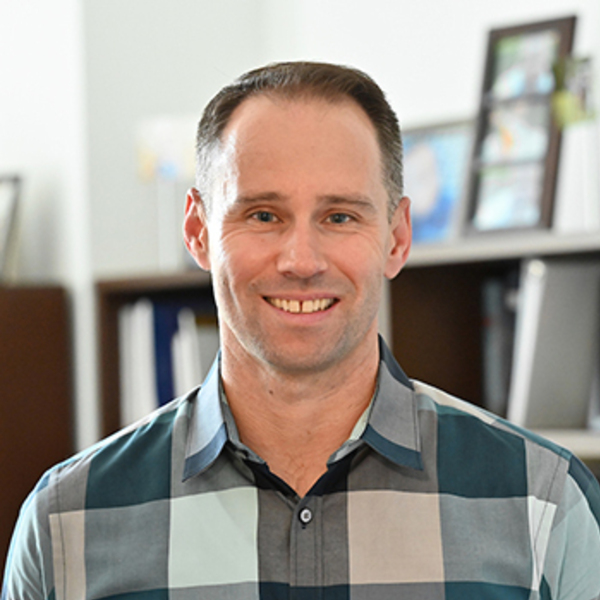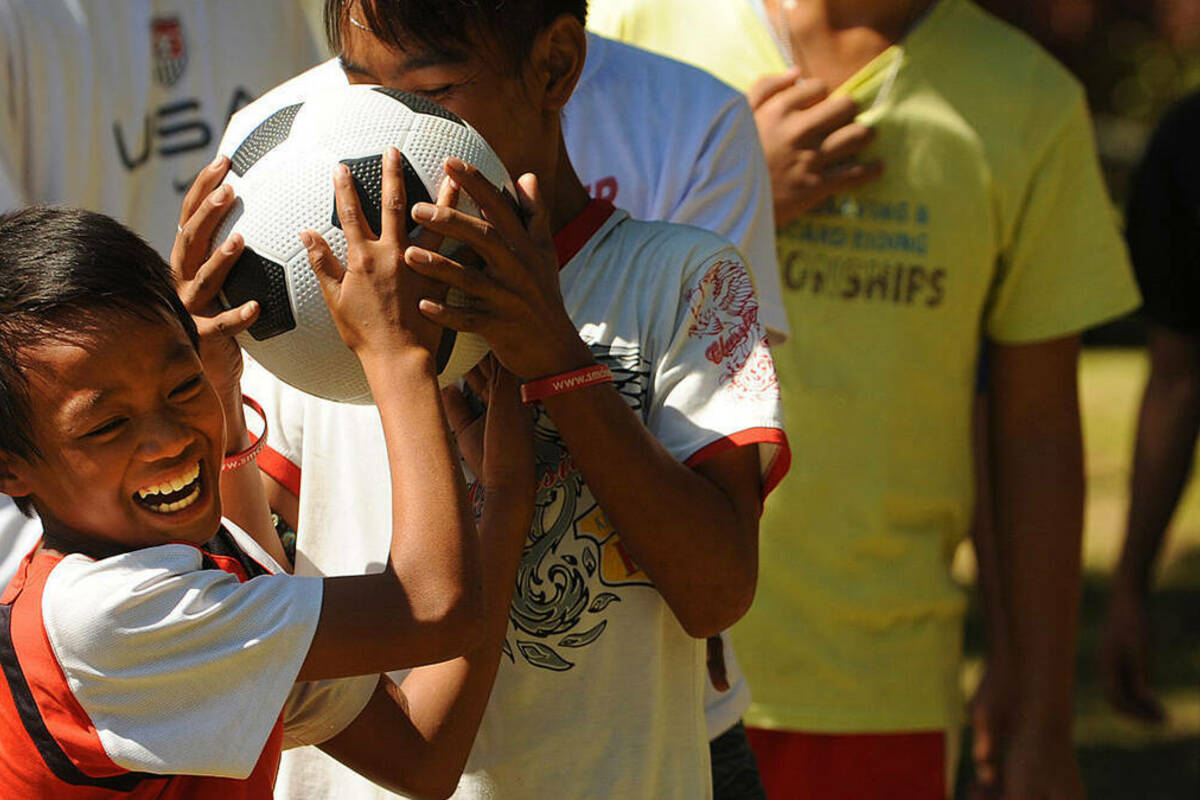


Anthropology
Chair; Professor of Anthropology



The Independent
July 15, 2024
Testosterone levels in men are important because they facilitate the drive to partner and procreate. Although the decline could be alarming to some, University of Notre Dame professor Lee Gettler has found through research that the decline occurs primarily as a reset of priorities.

The Washington Post
July 09, 2024
In humans’ evolutionary past, a drop in testosterone may have helped men adjust to and increase their involvement in their children’s lives, says Lee Gettler, an anthropologist who has studied the science of men’s changing bodies.

The Washington Post
June 14, 2024
“So the idea is that declining testosterone as men are transitioning to fatherhood resets focus and priorities … onto the family,” said Lee Gettler, a professor of anthropology at the University of Notre Dame and lead author of the testosterone study.
HuffPost, Yahoo! Life
June 14, 2024
Lee Gettler is a professor of anthropology at the University of Notre Dame who has published a number of studies about hormonal changes in fathers.

National Geographic
June 13, 2024
"Children who grow up with invested fathers have better social, emotional, and academic outcomes than children without such fathers," says Lee Gettler, a biological anthropologist and director of the Hormones, Health, and Human Behavior Lab at the University of Notre Dame.
MEDICAL XPRESS
April 24, 2024
In most contexts in the United States and Europe, men tend to experience physical health changes when they get married and start having a family. These changes include an increase in waist circumference and body mass index—a phenomenon known as the "dad bod," explained Lee Gettler, associate professor of anthropology and chair of Notre Dame's Department of Anthropology.
SCIENCE MAGAZINE
April 24, 2024
In most contexts in the United States and Europe, men tend to experience physical health changes when they get married and start having a family. These changes include an increase in waist circumference and body mass index — a phenomenon known as the “dad bod,” explained Lee Gettler, associate professor of anthropology and chair of Notre Dame’s Department of Anthropology.
Origin Stories Podcast
Audio
September 26, 2023
Humans invest enormous amounts of time and energy into bringing up our babies. This unique investment is a fundamental part of what it means to be human. In this episode, the second in a three-part series on family relationships, researchers Lee Gettler, Stacy Rosenbaum, and Sonny Bechayda explore how our species' approach to fatherhood may have shaped some of the most important traits that set us apart from other mammals.
Working Fathers Podcast (Australia)
Audio
July 17, 2023
Episodes 2&5: Associate Professor Lee T. Gettler, University of Notre Dame, is the Director of the Hormones, Health and Human Behavior Laboratory at Notre Dame and a faculty affiliate of the Eck Institute for Global Health.

The Economist
June 01, 2022
And work just published in the Proceedings of the National Academy of Sciences, by Lee Gettler of the University of Notre Dame, in Indiana, clarifies how part of that biological mechanism, testosterone, operates.

BBC News
June 27, 2021
Lee Gettler is hard to get on the phone, for the very ordinary reason that he's busy caring for his two young children.

The Atlantic
June 03, 2021
Lee Gettler, an anthropologist at the University of Notre Dame, has studied fathers across the world.